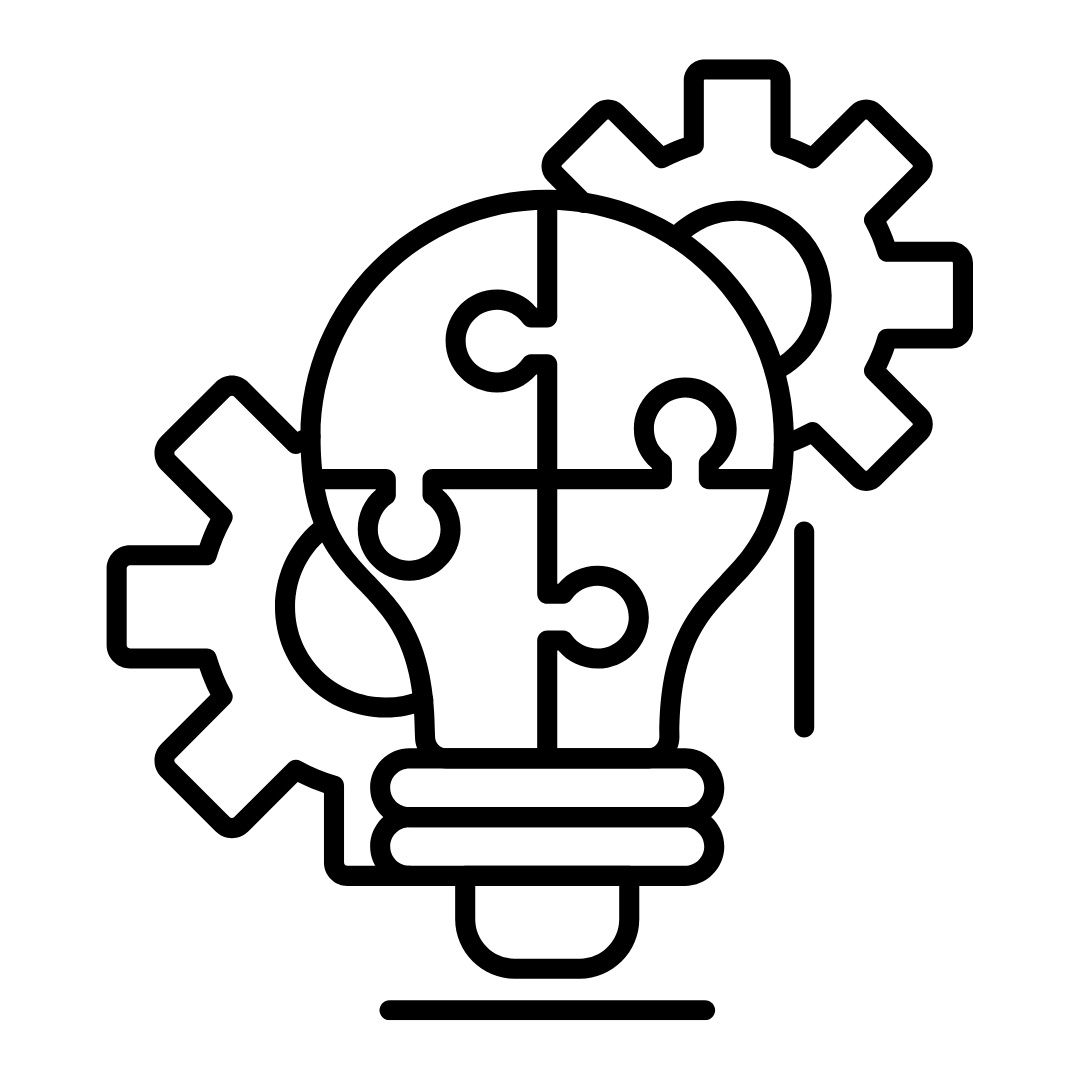What is Intergenerational Trauma?
Intergenerational trauma is the emotional and psychological pain that is passed down through families, often without conscious awareness.
 If you grew up in a home where survival took precedence over emotional connection, or where unspoken pain shaped the way love and safety were expressed, you may be carrying wounds that are not solely your own.
If you grew up in a home where survival took precedence over emotional connection, or where unspoken pain shaped the way love and safety were expressed, you may be carrying wounds that are not solely your own.
This inherited trauma can show up in many ways:
Persistent anxiety, depression, or emotional numbness with no clear origin
A deep sense of guilt, shame, or not feeling “good enough”
Struggles with boundaries or feeling responsible for family dynamics
Patterns of self-sabotage, perfectionism, or difficulty trusting others
A disconnect from cultural identity, history, or family roots
Unexplained fears, hyper-vigilance, or difficulty regulating emotions
If this resonates with you, you are not alone. The patterns that were passed down do not have to define your future. Healing is possible.







 Somatic and Sensorimotor Therapy
Somatic and Sensorimotor Therapy